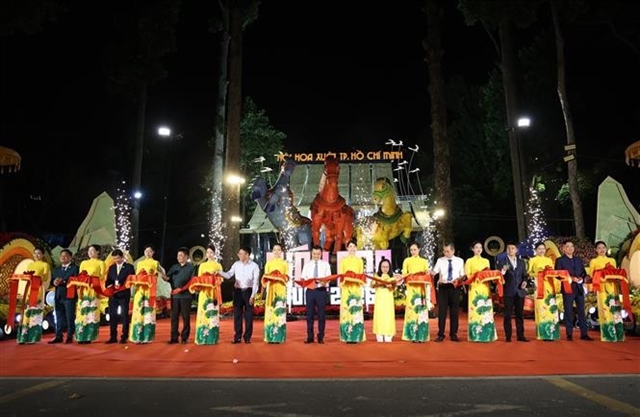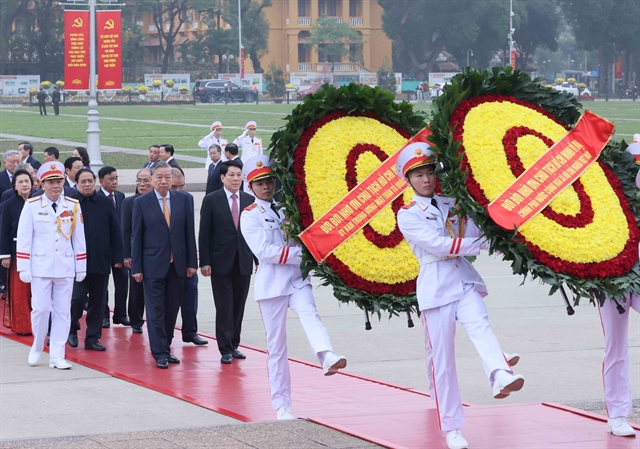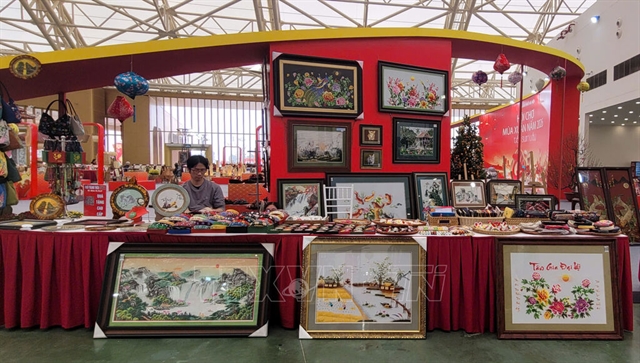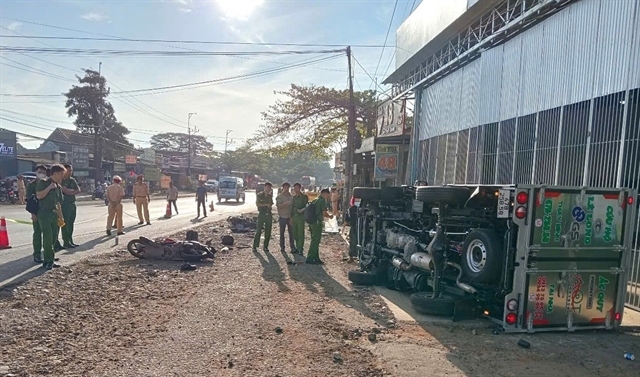.jfif) Opinion
Opinion
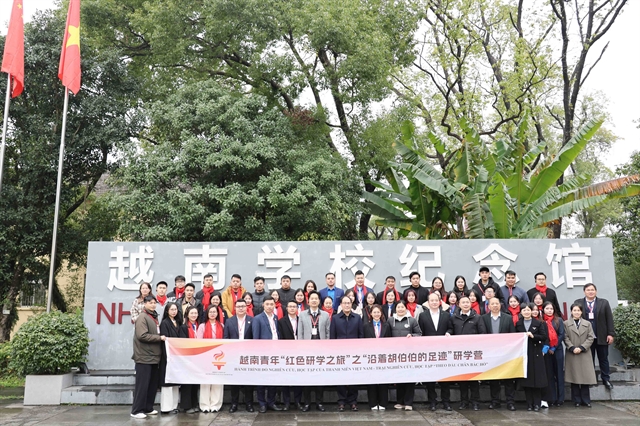
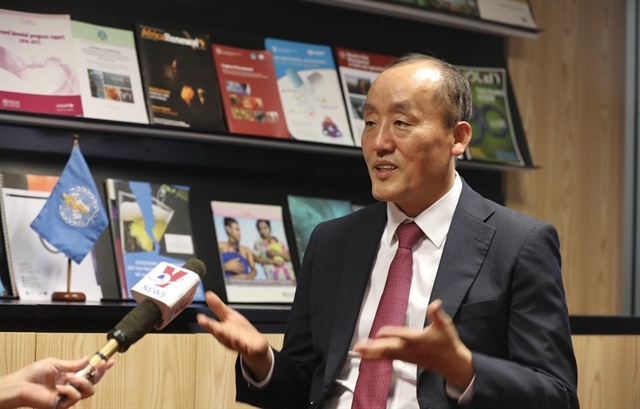
|
| Kidong Park during an interview with Vietnam News Agency. — VNA/VNS Photo Minh Quyết |
Dr Kidong Park, WHO Representative in Việt Nam, spoke exclusively to the Vietnam News Agency on the Vietnamese government’s response to the COVID-19 pandemic and WHO’s support in Việt Nam's efforts to become a vaccine producer.
How do you assess the current fourth wave of COVID-19 in Việt Nam?
We are very closely monitoring the situation of the ongoing outbreak in Việt Nam. It has been evolving fast and is complex in nature. It has quickly spread to a number of cities and provinces, including in industrial zones. Two types of variants of concern (B.1.1.7 and B.1.617.2) have been detected. These factors make case investigation and contract tracing very challenging.
The next few weeks will be crucial in controlling this outbreak. With the aggressive contact tracing and testing, it can be expected that more cases will be identified, and more provinces/cities could be reporting cases. There is a very high risk of additional cases to continue to be reported in the coming days from the community, and possibly from people who are isolated as F1.
What is WHO’s evaluation of Vietnamese Government’s measures to cope with the pandemic?
Việt Nam has intensified its response measures that have been proven to work in the past outbreaks. These have been adjusted on a daily basis as the situation evolves.
We do hope and have confidence that Việt Nam could suppress current outbreaks with a whole-of-government and a whole-of-society approach.
How do you evaluate the COVID-19 vaccination programme in Việt Nam?
Similar to other developing countries, Việt Nam is facing many challenges, including limited vaccine supply, uncertainty of the shipment schedule, short vaccine shelf life, etc.
As of 14 May, about 950,000 people have been inoculated in Việt Nam since the first vaccination on 8 March 2021.
Good news is that Việt Nam received additional 1,682,400 doses of AstraZeneca COVID-19 vaccine from the COVAX Facility on 16 May 2021. These additional vaccines will further expand the vaccination of priority groups in the coming months.
How is WHO supporting Việt Nam in accessing vaccine sources and affordable, accurate and fast coronavirus testing methods in the future?
WHO is a co-creator of the COVAX Facility. The COVAX Facility is committed to provide COVID-19 vaccines covering up to 20 per cent of the population to its participating countries, including Việt Nam, by the end of 2021.
In addition, WHO and partners are seeking to expand the capacity of low- and middle-income countries (LMICs) to produce COVID-19 vaccines and scale up manufacturing to increase global access to these critical tools to bring the pandemic under control.
To implement this idea, WHO is seeking expressions of interest from manufacturers of medical products preferably in LMICs, which could host a COVID-19 mRNA hub which will assemble the technology up to good manufacturing practices-grade pilot lots for clinical trials; and transfer the appropriate know-how and technology to existing or new manufacturers in LMICs to enable them to develop and produce COVID-19 mRNA vaccines.
In the coming weeks, WHO will issue another call for interest from manufacturers in LMICs interested in receiving the technology developed by the technology transfer hub(s).
A vaccine manufacturer in Việt Nam has already expressed its interest to become a mRNA-based COVID-19 vaccine technology transfer hub. It is being reviewed by WHO Head Quarters. It is expected that Việt Nam will also apply for large scale manufacturing of mRNA-based COVID-19 vaccine.
If Việt Nam will host a mRNA-based COVID-19 vaccine technology transfer hub, it will contribute to mRNA-based COVID-19 vaccine production in Việt Nam as well as in the Region.
As for testing methods, WHO is continuing to support the development of faster, more accurate, affordable and easier-to-use laboratory tests as well as supporting access to affordable, quality COVID-19 tests in all countries, in particular low and middle-income countries.
For Việt Nam, WHO has been providing technical advice to develop national testing strategies and guidelines. We have also provided laboratory testing materials including specimen collection kits and reagents for RT-PCR. We are committed to continue to do so.
Should people in quarantine take their own samples for testing to reduce risks and share the burden for medical staff?
Collection of good quality specimens is a critical first step in ensuring quality laboratory testing. A sub-optimal or poorly collected specimen can compromise the quality of a laboratory result and could potentially even lead to false negative results.
WHO strongly advises that specimen collection should be carefully conducted by trained personnel, following rigorous adherence to infection prevention and control guidelines. This also includes appropriate personal protective equipment, following the health ministry’s guidance.
We also reiterate that laboratory testing should balance public health impact with the available material and human resources. If laboratory testing is becoming a large burden for medical staff and material shortfall is expected, it may be time to re-examine the current testing practice and to prioritize resources to higher impact targets. — VNA/VNS

